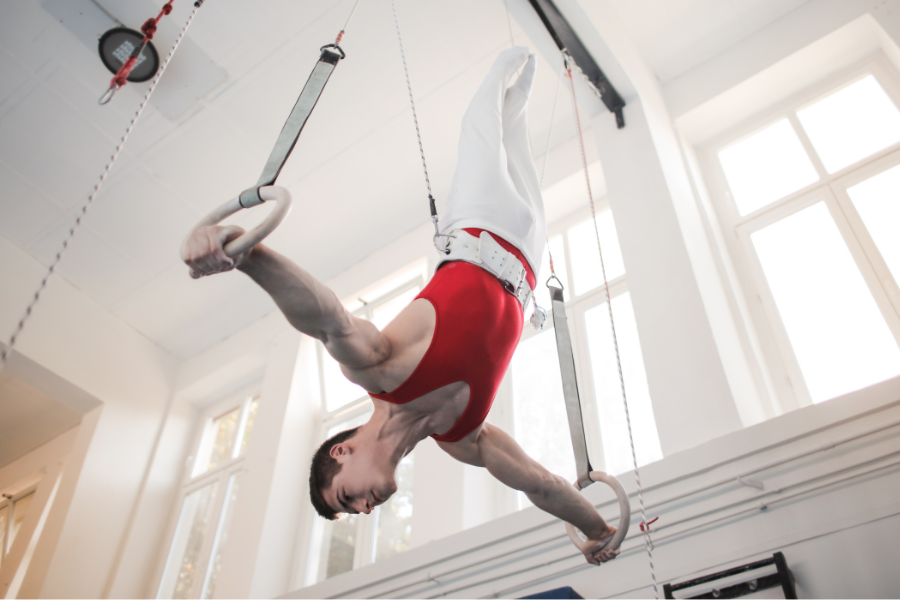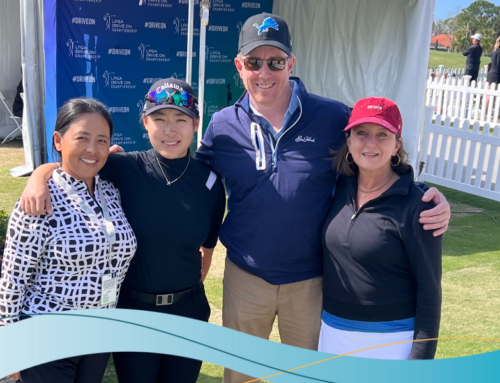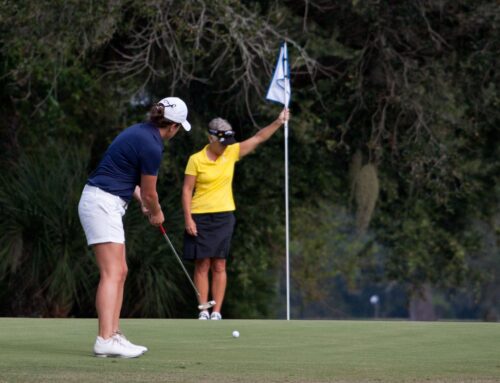 The physiology of flexibility is the science of how and why some people are more flexible than others. Is it purely genetic or are there other factors involved? Let’s take a look at some other important factors determining your flexibility.
The physiology of flexibility is the science of how and why some people are more flexible than others. Is it purely genetic or are there other factors involved? Let’s take a look at some other important factors determining your flexibility.
Youth and Age
Aging is a major factor in limiting natural flexibility. As you get older, muscles and joints inevitably get stiffer and tighter. However, it has not been determined whether this is because of genetics or lifestyle choices. Having a very sedentary lifestyle will accelerate the process of losing natural flexibility. On the other hand, keeping active, exercising and simply moving around a lot more than usual will help to keep you more limber, and you’ll be thankful as you get older.
Exercise History
 Your history of exercise and activity has a great impact on your flexibility. Spending your time predominantly in an office job or with similar occupation that requires you to sit for long periods of time, causes your flexibility to gradually diminish.
Your history of exercise and activity has a great impact on your flexibility. Spending your time predominantly in an office job or with similar occupation that requires you to sit for long periods of time, causes your flexibility to gradually diminish.
Habits and choices over the course of our life forms us far more than our natural abilities.
Gender
 Gender also plays a role in flexibility, and in general, women are naturally more flexible than men. Women have the edge in flexibility partially from nature, and partially from nurture. Women also have more flexible bodies because of the makeup of their connective tissues, and also tend to do activities that focus more on flexibility rather than on brute strength. Activities like dancing and yoga.
Gender also plays a role in flexibility, and in general, women are naturally more flexible than men. Women have the edge in flexibility partially from nature, and partially from nurture. Women also have more flexible bodies because of the makeup of their connective tissues, and also tend to do activities that focus more on flexibility rather than on brute strength. Activities like dancing and yoga.
Genetics
Unfortunately, this is where you are dealt the card you’re given. Some people are simply more flexible than others, and this is something you can’t help. For the vast majority of people, genetic variations will not have as much of an impact on them over the course of their life as their habits will.
Even if you are naturally stiff or not as limber as some of your peers, stretching 10-15 minutes a day will make a world of difference.
Level of Muscle Tension
To sum things up, a tense muscle is a short muscle. Most stretching exercises are devoted to causing your muscles to relax before lengthening. The muscles don’t actually get longer; their cells just stop contracting.
Everyone has a different level of flexibility. Remember to pace yourself when trying to improve upon flexibility. Check out our blog on Tips for Recovering from a Torn MCL or ACL.





